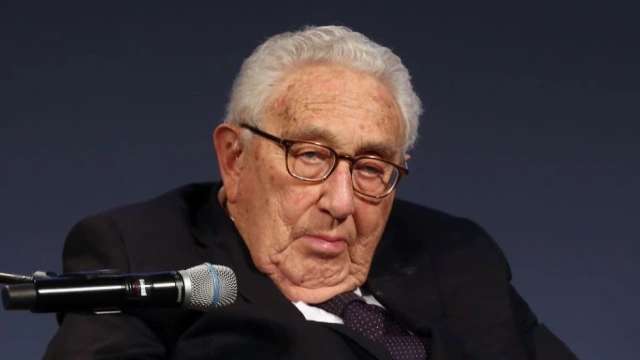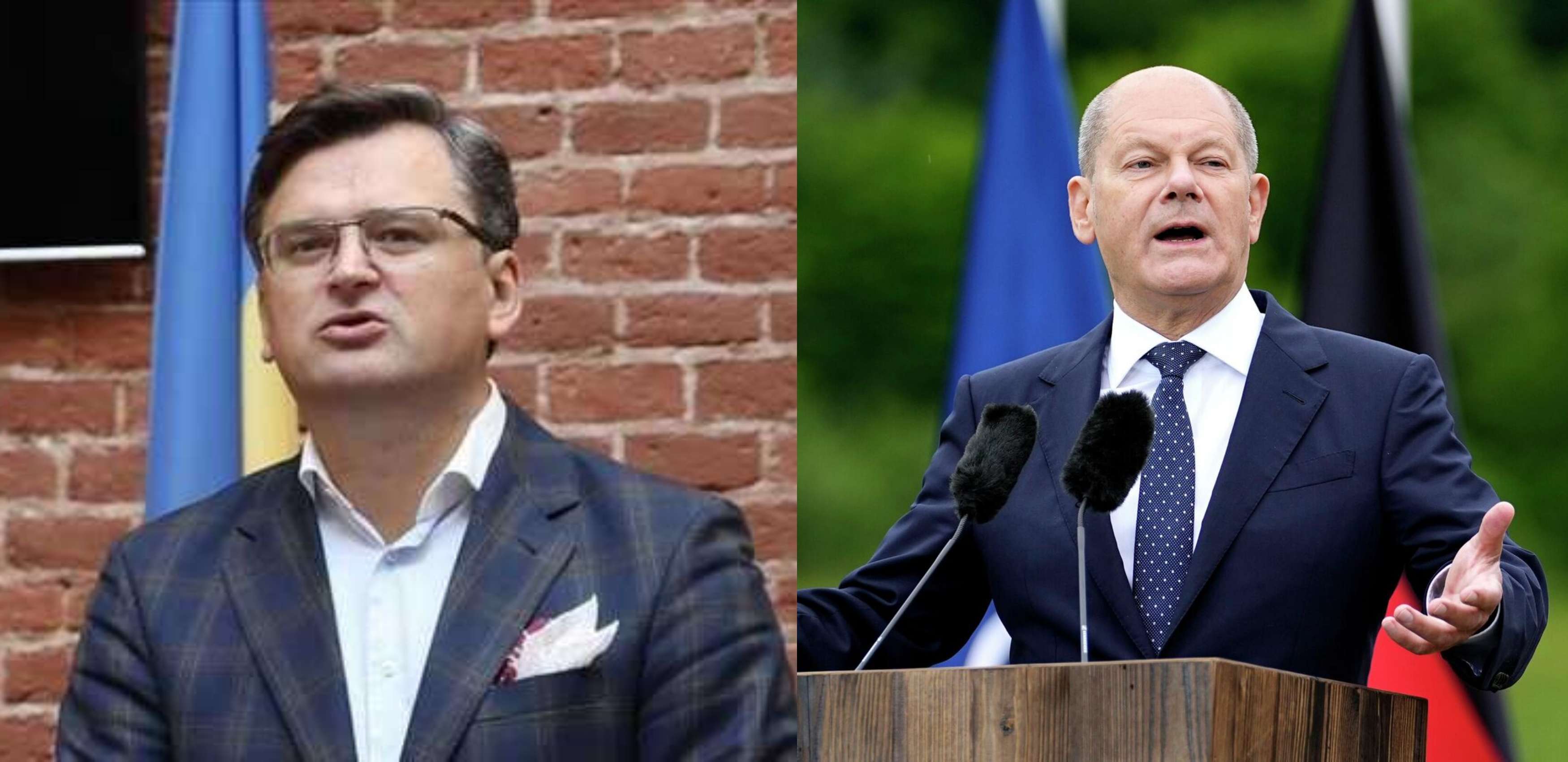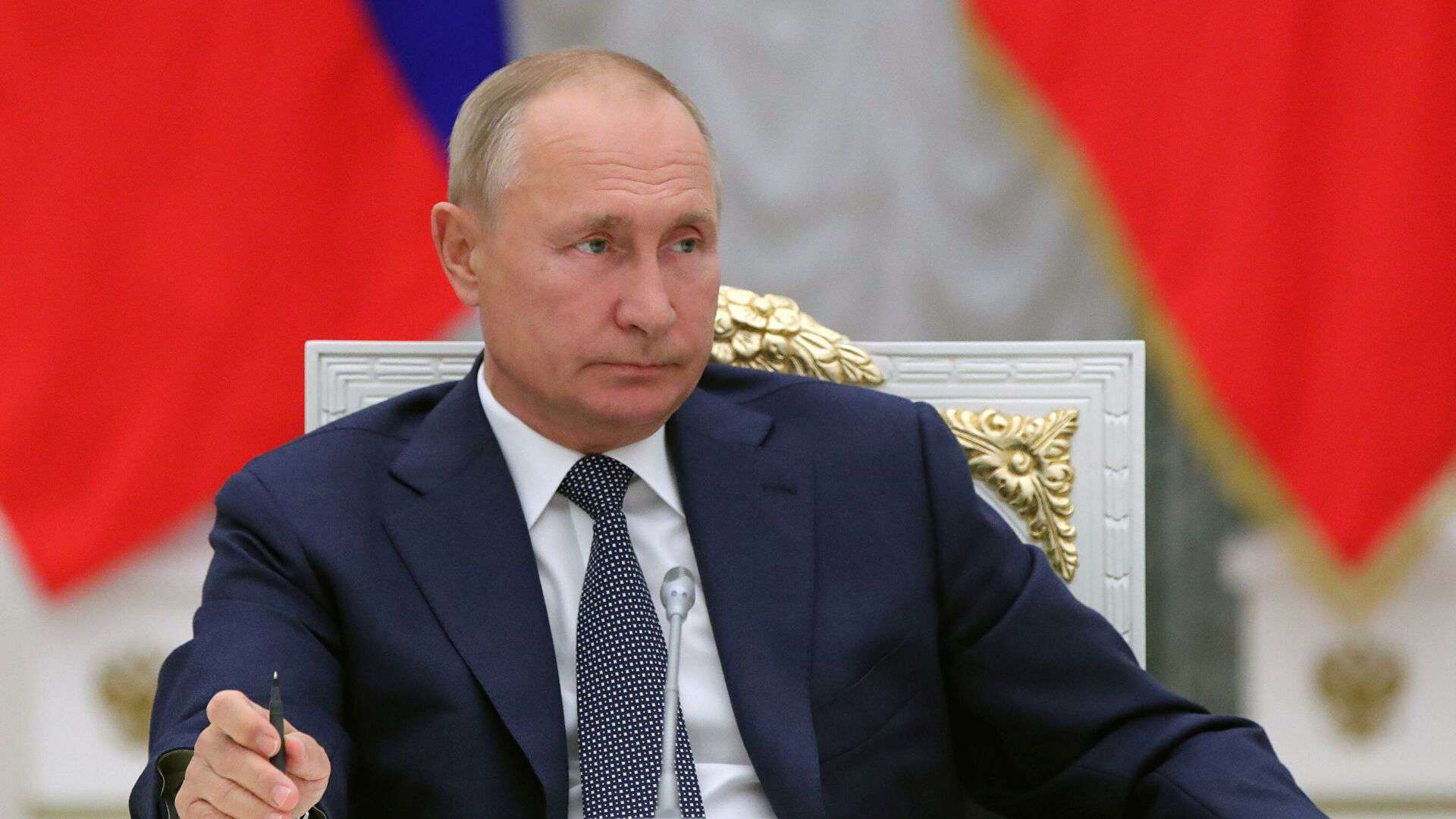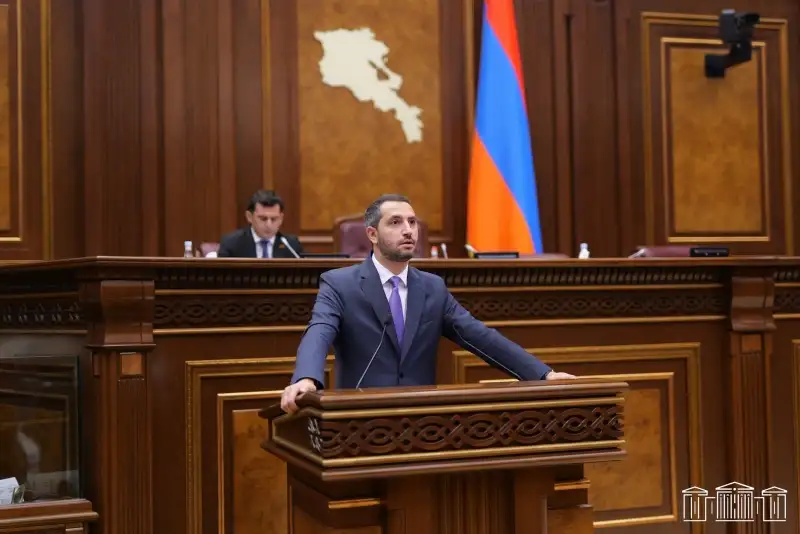Former US Secretary of State Henry Kissinger published an article about the course of the Russian-Ukrainian war and possible options for a ceasefire. Radar Armenia presents the report with abbreviations.
"For the first time in modern history, Ukraine has become a large and significant state in Central Europe. With the help of its allies, Ukraine brought the Russian forces to a standstill. And the entire international system, including China, is against the Russian threat because of the threat of using nuclear weapons. That process eliminated previous issues related to Ukraine's membership in NATO. Ukraine acquired one of Europe's largest and most effective ground armies, including America and its allies. And with the results of the war, the negotiation process should, one way or another, connect Ukraine with NATO. The option of neutrality no longer makes sense, especially after Finland and Sweden joined NATO. That is why last May, I recommended establishing a cease-fire line along the borders where the war began on February 24. Russia would take back its gains, but not the territory it had seized almost a decade earlier, including Crimea. That area could become the subject of negotiations after the ceasefire," Kissinger wrote.
"The goal of the negotiation process will be twofold: to confirm Ukraine's freedom and establish a new international order, especially for Central and Eastern Europe. After all, Russia must find a place in the new world order. For some, the preferred outcome is Russia's complete military impotence. I'm afraid I have to disagree with that. With all its propensity for violence, Russia has contributed to the global balance for more than 500 years. Its historical role should not be underestimated. Russia's military failures have not affected its global nuclear potential, which allows it to threaten escalation in Ukraine. Even if this capability is reduced, the collapse of Russia or the destruction of its strategic policy capability could turn the area covering 11 time zones into a conflict zone," Kissinger added.
Finally, Kissinger added that the pursuit of peace and order has two components that are sometimes seen as contradictory: the search for security and the demand for reconciliation, "If we can't achieve both, we can achieve neither."
The article was first published in "The Spectator."




















